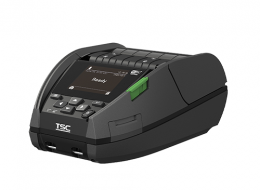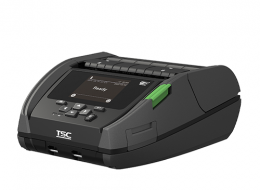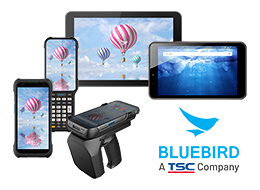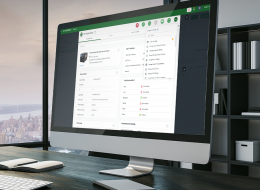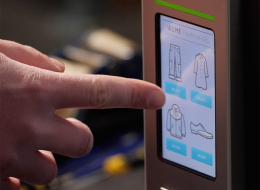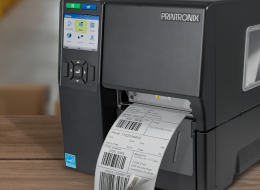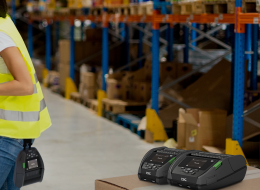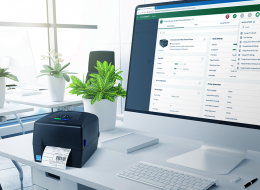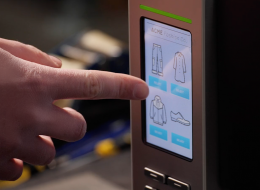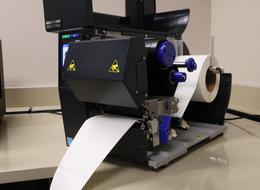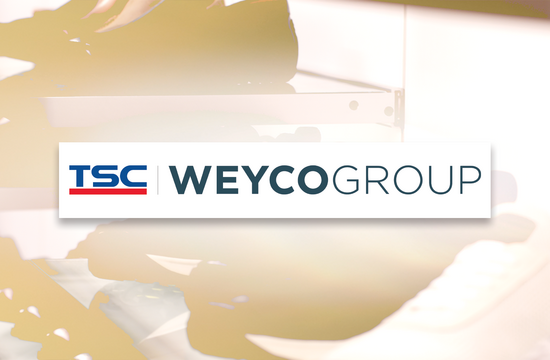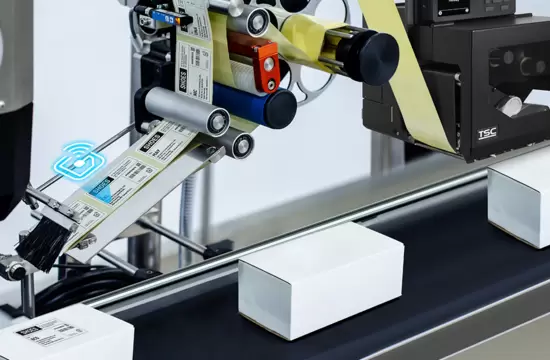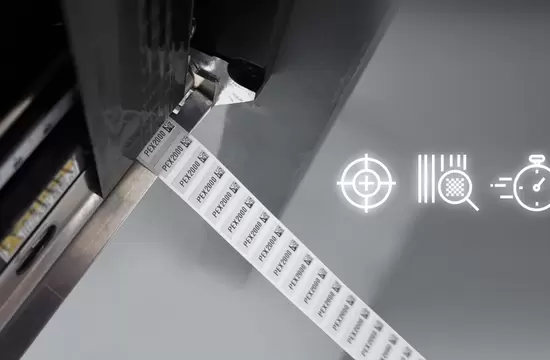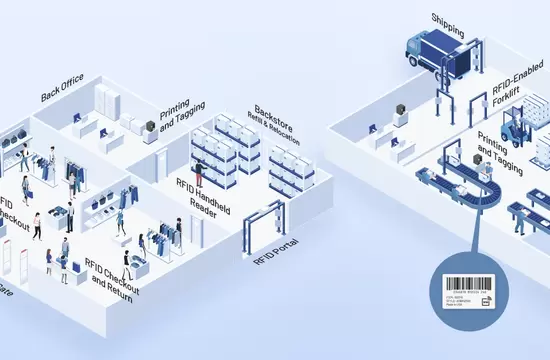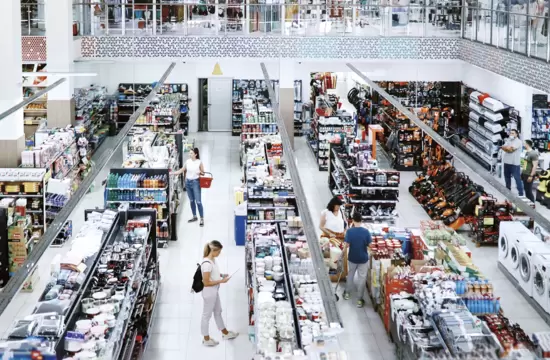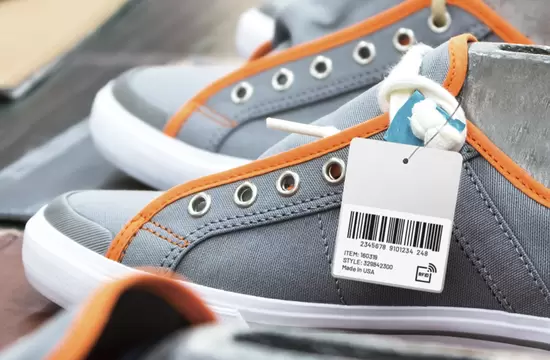RFID
Automotive
1429
/en/blog/automotive
Barcode Inspection
418
/en/blog/barcode-inspection
Cannabis
1430
/en/blog/cannabis
Company News
415
/en/taxonomy/term/415
Cybersecurity
1464
/en/blog/cybersecurity
Events and Tradeshows
1421
/en/blog/events-and-tradeshows
Food & Beverage
1426
/en/blog/food-beverage
Healthcare
1425
/en/blog/healthcare
High Resolution
414
/en/blog/high-resolution
Industry Trends
1419
/en/blog/industry-trends
Manufacturing
1424
/en/blog/manufacturing
Mobile Printing
1420
/en/blog/mobile-printing
Partner Perspectives
1461
/en/blog/partner-perspectives
Remote Printer Management
1432
/en/blog/remote-printer-management
Retail
1423
/en/blog/retail
RFID
416
/en/blog/rfid
Software Solutions
1433
/en/blog/software-solutions
Standalone
419
/en/blog/standalone
Supplies
417
/en/taxonomy/term/417
Supply Chain
1463
/en/blog/supply-chain
Tips & Best Practices
1431
/en/blog/tips-best-practices
Transportation & Logistics
1422
/en/blog/transportation-logistics
Warehouse & Fulfillment
1427
/en/blog/warehouse-fulfillment
Did you know that many industries, including retail, healthcare, logistics, and manufacturing, are increasingly adopting RFID technology? The driving force behind this is their desire to streamline operations with automated data collection and real-time visibility.
Weyco, a leading distributor of men's footwear, faced a daunting task: printing millions of labels annually for a global customer base while maintaining peak efficiency and compliance. The solution? TSC Auto ID.
Screeeech. Are you attending the 2024 AIAG Global Summit on June 20 at Detroit's Motor City Casino Hotel? If so, hit those brakes, and be sure to stop by the TSC Auto ID booth to see how our cutting-edge labeling and identification solutions can help you streamline your operations and achieve greater efficiency.
The world of asset tracking is constantly evolving, and RFID (Radio-Frequency Identification) technology is leading the charge. While traditional RFID tags have served us well, there's a new breed specifically designed for a specific challenge: metal surfaces.
Most businesses need effective inventory control and management. Companies across industries are seeking ways to gain real-time visibility and increase control over their inventory for better management. RFID technology can effectively help enterprises track and manage assets ranging from production equipment to shipping cases, commodities, and more.
Rising demand for automation and complex labeling applications has made automatic labeling grow in importance across various industries. Increasing customization, labeling requirements, and technological advances have led many businesses to search for solutions that help them cope with these growing demands while improving productivity and efficiency.
The Importance of Selecting the Right RFID Partners and Printers for Your Retail E-Commerce Projects
Whether you are a retailer, supplier, or intermediary such as a logistics partner, the importance of selecting the right RFID partners, printers and equipment cannot be overstated. RFID is complex. In a recent RFID presentation from the world’s leading retailer, their overriding message was, “RFID is difficult but worth it.” This means that selecting the right partners and equipment is often the critical difference between success and failure.
As a supplier, we hope you are ready to begin applying RFID labels to your products for your retail customers. In this blog, we’ll detail the steps you need to follow to properly tag your items with RFID.
Do you supply products to a major retailer? If so, your customer might have mandated you begin RFID-tagging your products. What are some RFID basics to help you comply with this requirement?
Items with RFID labels are now arriving at your brick-and-mortar stores. Hopefully, you view this as great news. What do you need to keep in mind to take advantage of these newly tagged items?

